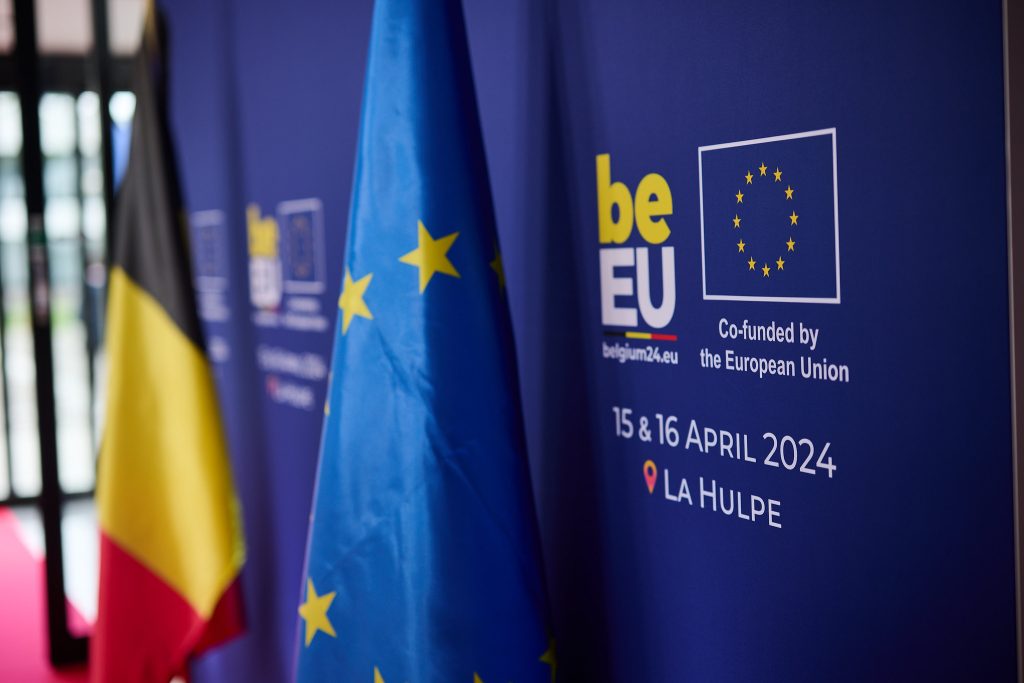For several months, in the context of the health crisis, secondary school pupils followed a “hybrid” education: they saw their teachers at school half the time, and continued distance learning the rest of the time. Oftentimes, they were asked to use a computer which implied that they had to have the equipment, the connection, and the skills to take the courses at home. Indeed, Belgium is one of the most unequal countries in terms of digital access: 29% of low-income households are not connected to the internet and 12% of the most disadvantaged 16-24 year-olds have only one smartphone as the only way to connect – compared to 2% of the most advantaged.
In response to this problem of digital equipment, which further reinforces educational inequalities and therefore the social divide, the government of the Wallonia-Brussels Federation recently put in place a digital crisis strategy. This one foresees, among other things, that schools can propose the purchase or the rent of computer equipment to the pupils by ensuring a small part of this cost (75 euros) and thus leaving an important burden on the families. This supposedly optional purchase will inevitably put additional pressure on parents, especially since no alternative is provided for their children to equip themselves.
Thus, this measure raises a series of questions in terms of implementation and cost for families. And, although the scheme only legally exists for the year 2021, there seems to be a political will to make it permanent. Thus, the “Ligue des familles” has undertaken to evaluate, with the families concerned, the implementation of this digital education measure in order to identify the problems posed by these systems and the focus points for the future.
From this analysis, it emerges that a series of discussions remain to be carried out so that a digital transition of teaching can be sustainably initiated. First, an educational reflection must be undertaken on the advisability of digitizing learning and educational scenarios in which this digitization has added value. In view of the technical difficulties encountered by students and teachers during hybridization, we also need to think about the technical support of this material and its use.
In the context where digital teaching also gives rise to homework on this medium, a reflection on the accessibility of computer equipment and internet connection should be initiated to allow each family to have access to teaching. In fact, if in a response to the crisis one could understand a departure from the principle of free schooling, this principle must be strongly reaffirmed now that the normal functioning of the school will resume. School must be accessible to all children in full equality and this access cannot be hindered. Secondly, a reflection is needed on the right to disconnect for students in order to limit the risks of hyperconnectivity and its consequences, sometimes serious, on their health.
More information here (in French).





